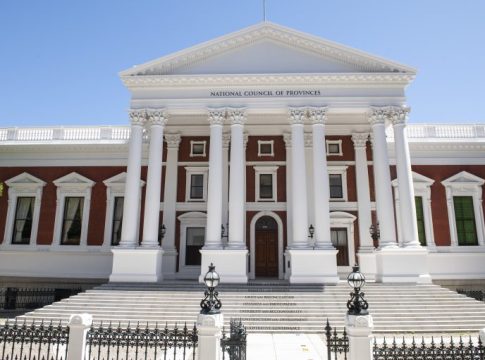South Africa’s newly elected parliament is poised for a pivotal session on Friday, as the country navigates the complexities of coalition-building following a general election that left no party with a clear majority. This assembly marks a significant moment in the nation’s democratic journey since 1994, with the African National Congress (ANC) facing an unprecedented challenge after securing only 40% of the votes – its lowest tally to date.
The session, officiated by Chief Justice Raymond Zondo for June 14, 2024, will see the 400-seat National Assembly appoint a Speaker and move forward with the presidential election process. The ANC, historically dominant in South African politics, finds itself in the unusual position of needing to forge alliances with other parties to establish a governing majority.
READ MORE: President Tinubu Donates N50 Million To Niger Mine Collapse Victims
This year’s election outcome has precipitated extensive discussions among political factions, aiming to create a coalition that can provide stable governance. Amidst these efforts, the ANC has expressed its aim to establish a government of national unity, a proposal that has seen varied responses, including some skepticism within its own ranks.
Adding to the political intrigue, the uMkhonto weSizwe (MK) party, led by former president Jacob Zuma and securing 14.6% of the vote, plans to contest the convening of the new parliament. The party, which clinched the third spot with 58 seats, aims to halt parliamentary proceedings until a resolution is reached regarding its allegations of election irregularities.
As South Africa stands at a crossroads, the outcomes of these deliberations and potential coalitions will undoubtedly shape the country’s political landscape in the coming years.




